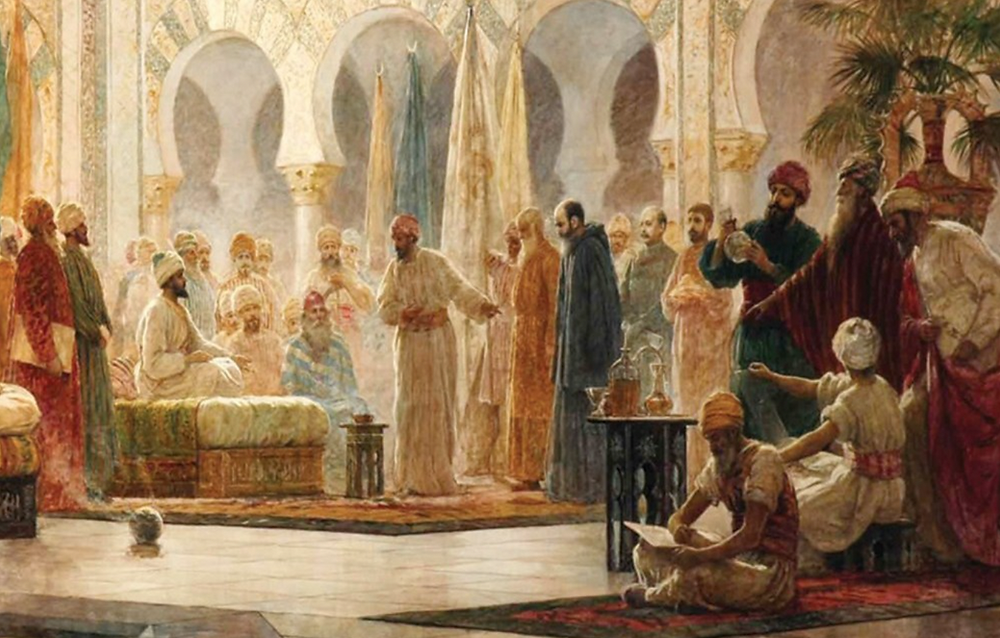While much of modern education credits the Renaissance for the rebirth of science and innovation, the Islamic Golden Age (8th–14th centuries) played a pivotal role in preserving and advancing global knowledge. Scholars in Baghdad’s House of Wisdom translated ancient Greek, Persian, and Indian texts, while also making original contributions in medicine, astronomy, mathematics, and philosophy.
Notable figures such as Al-Khwarizmi, known as the father of algebra, and Ibn Sina, whose medical texts were used in Europe for centuries, laid the foundation for modern disciplines. Their emphasis on empirical observation and rational inquiry reshaped intellectual traditions and helped bridge Eastern and Western thought during the medieval period. These contributions are often overshadowed in mainstream history discussions.
Understanding this era helps us appreciate the interconnectedness of civilizations and how knowledge transcends borders. Recognizing the achievements of Muslim scholars not only enriches our global historical perspective but also reminds us that innovation has diverse roots. Promoting historical inclusivity allows current and future generations to draw inspiration from a truly global heritage.

Leave a Reply